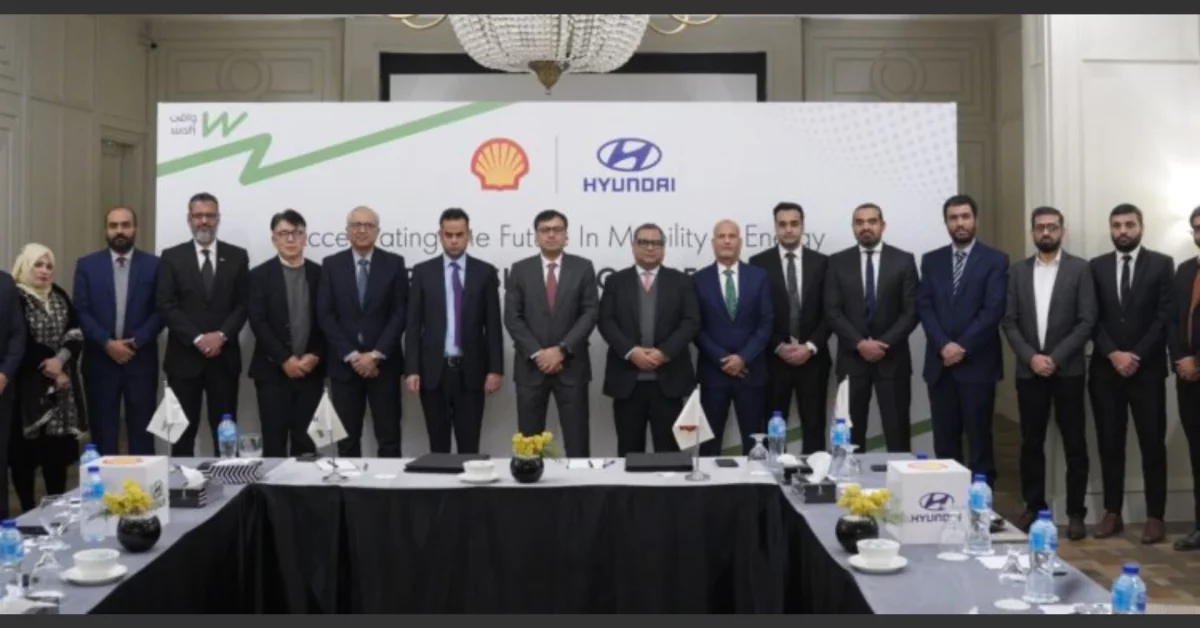Google Expands AI Plus Plan to Pakistan
September 25, 2025
Pakistan Champions BeiDou Partnership for Tech Future
September 26, 2025Pakistan stands at a pivotal inflection point in its journey toward becoming a digital nation. As the government continues to drive e-governance, financial inclusion, and socio-economic modernization, one strategic imperative stands out: extending seamless digital services to every citizen as soon as he or she reaches adulthood and new Computerized National Identity Card (CNIC) is issued to them. This approach does more than expanding access, it accelerates national transformation by embedding digital readiness at the very first touchpoint of citizenship.
Ensuring that every newly minted CNIC holder gains immediate, inclusive access to digital services is central to fast-tracking Pakistan’s national development agenda. E-governance initiatives, from mobile wallets to tax filings and digital health records to smart services, depend on citizens’ ability to engage digitally. Likewise, financial inclusion, a key driver of socio-economic growth, requires inclusion into banking and mobile money platforms at broad level. When new ID Card holders, many of whom are entering formal systems for the first time are digitally enabled from day one, Pakistan’s ambitions for an innovative, knowledge-driven economy can scale more rapidly and equitably.
Today, The CNIC is far more than an identity document; it is the cornerstone of Pakistan’s digital ecosystem. Acting as the single, trusted credential across public and private services, it connects citizens to critical touchpoints such as banking, telecom, healthcare, and government portals. This foundational identity layer makes possible the interoperability and scale required for mass adoption of digital services. As broadband penetration widens and mobile money platforms mature, the CNIC provides a ready-made authentication gateway, enabling robust public–private partnerships that extend services securely and efficiently across the nation.
Growth Engine for Pakistan’s Digital Economy
Extending digital services to every new CNIC holder also expands the digital demographic in transformative ways. First-time access for youth, women, and rural communities can unlock significant socio-economic potential. For young people, early digital onboarding fosters digital literacy and creates pathways to online education, freelancing, and innovation-driven employment. For rural populations, mobile-based financial services and e-commerce platforms can reduce geographic barriers to markets and services. And for women often excluded from formal economic participation secure, identity-linked digital accounts open doors to financial independence and social empowerment.
Each of these cohorts represents an untapped growth engine for Pakistan’s digital economy.
Realizing this vision requires a carefully orchestrated policy framework. Interoperability standards across government databases and private-sector platforms will ensure seamless service delivery. At the same time, targeted interventions must bridge persistent infrastructure gaps in underserved regions, close gender disparities in digital access, and address trust deficits that discourage first-time users. Without these safeguards and enablers, the promise of inclusive digital services risks being undermined by security concerns or unequal participation.
A Collaborative Acceleration Roadmap
Accelerating digital access for every new CNIC holder demands a multi-stakeholder approach. Government must lead with policy clarity and investment in digital infrastructure, while Telcos and Service Cos provide the technological backbone and innovative service models. The broader tech ecosystem can contribute solutions for last-mile connectivity and localized digital literacy programs. Equally critical is community engagement, building capacity at the grassroots level ensures that citizens understand, trust, and adopt these services.
Extending digital services to new CNIC holders is not merely an administrative upgrade but it is a strategic lever for national transformation. By embedding digital inclusion at the very inception of a citizen’s formal identity, Pakistan can accelerate progress toward its vision of a modern, inclusive, and knowledge-based economy. Through coordinated policy action, strong governance frameworks, and public–private collaboration, the country can transform a simple identity card into a gateway to opportunity—propelling millions into the digital mainstream and unlocking the socio-economic dividends of a truly Digital Pakistan.





